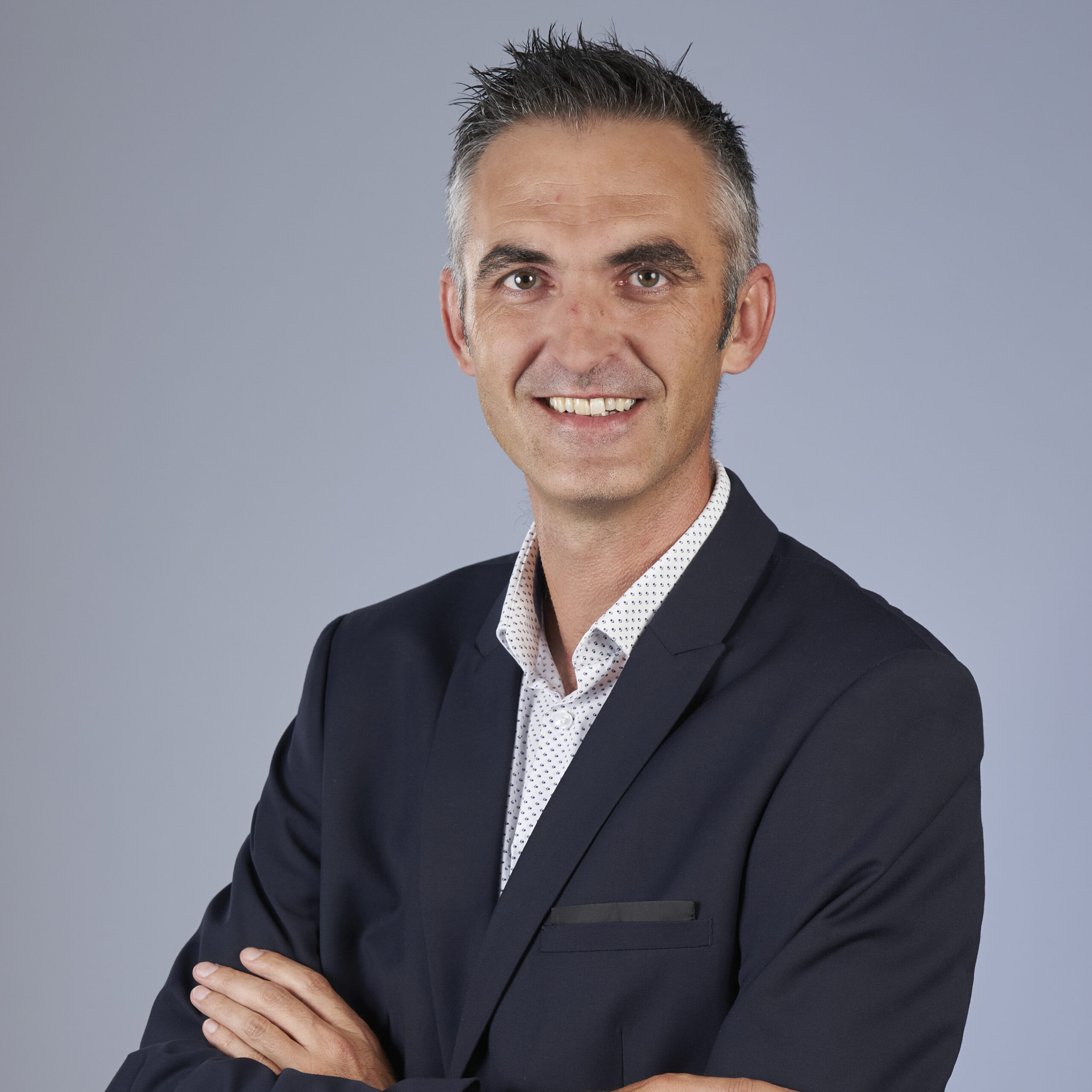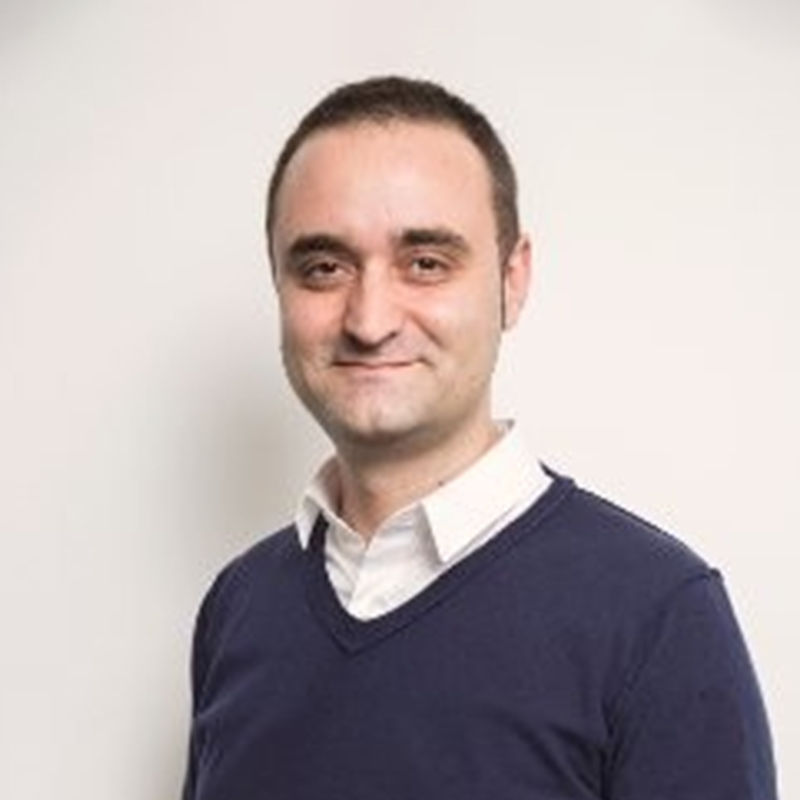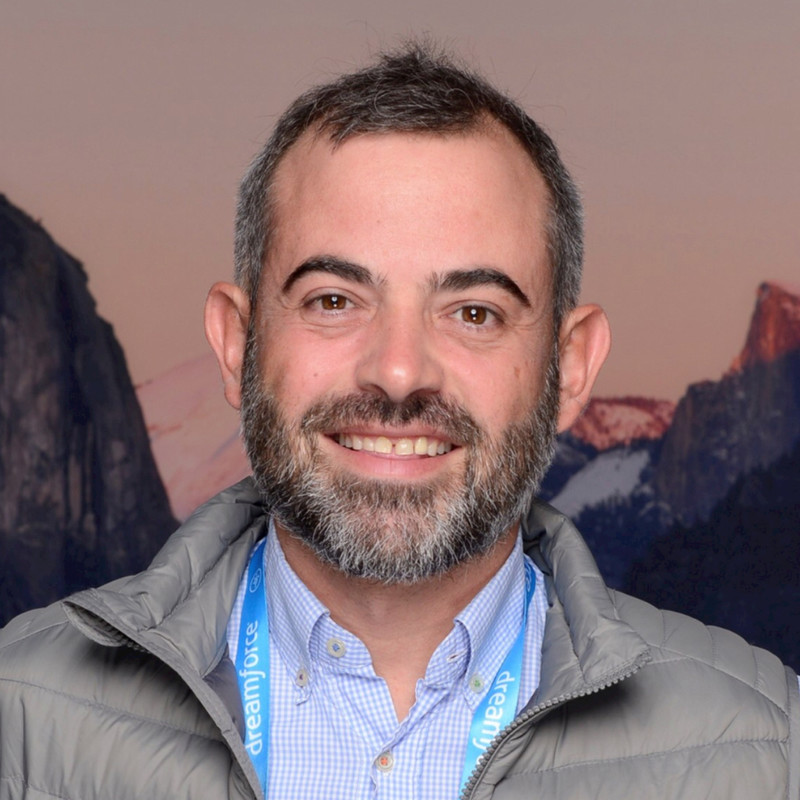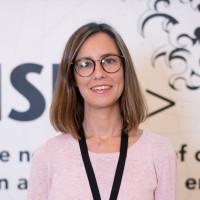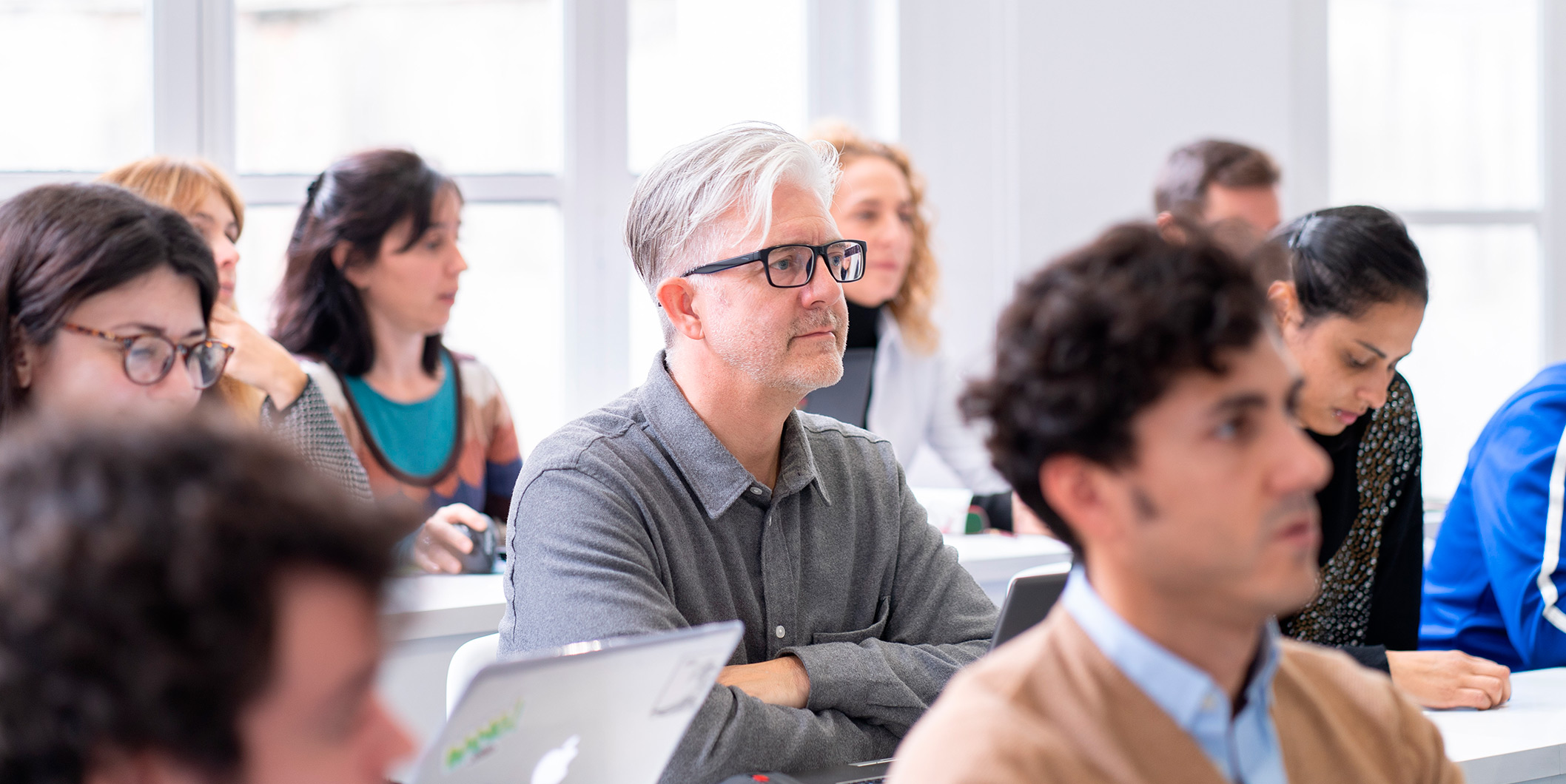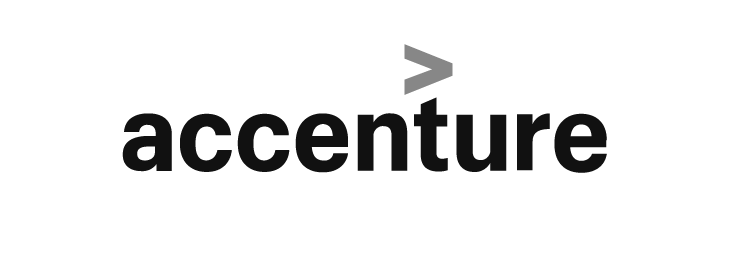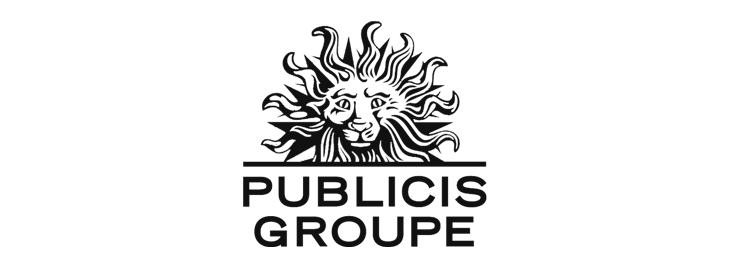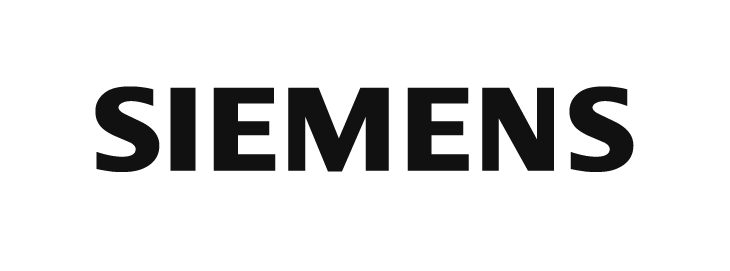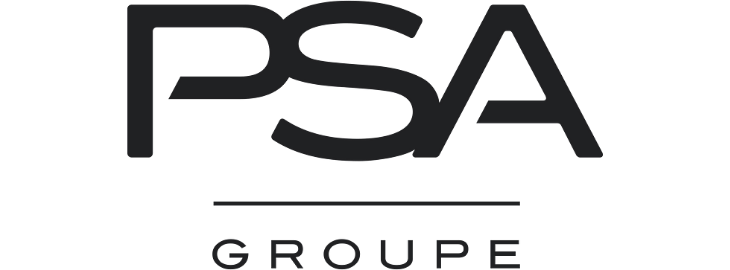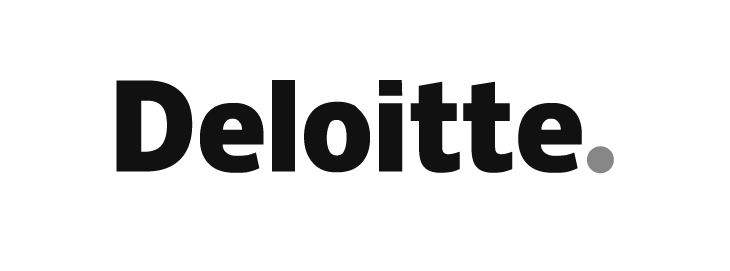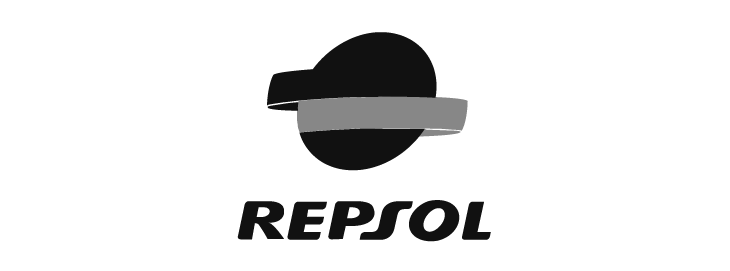Salesforce communities enable a collective learning
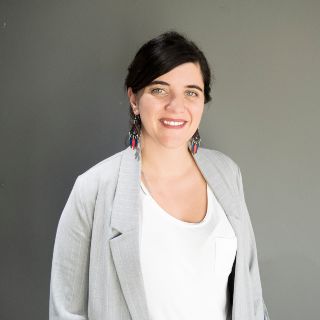
Mariana Mazzeo

When a work project has so much traction to make you change countries, we speak of a true passion. It could be the case of Mariana Mazzeo, instructor of the training course “ADX201: Administrative Essentials for New Admins in Lightning Experience“, one of the most demand course at ISDI CRM.
Today we have the privilege of talking to Mariana about how Salesforce revolutionized her life, to the point of leaving his native Argentina to pursue a project that she is still passionate about today. Mariana Mazzeo and her consulting firm are an example of how a tech company can meet social expectations, contributing to society by implementing Salesforce CRM in NGOs, universities and foundations in Latin America.
Do you remember how and when you first learned about Salesforce?
I was working for a non-profit organization in Argentina where we were offering an alternative space to the traditional opera circuit. I performed multiple tasks involving databases in Excel and Access, audience segmentation and data analysis. I was doing donor management, managing an audience training program, communicating with the subscribers of the opera season and, among my production tasks, I was keeping track of the artists who participated in each opera.
I remember one morning when a work colleague talked to me about Salesforce and its and its NGO donation program, and within a few weeks we were already working on the implementation.
What do you think are the reasons to start a training in Salesforce? And what were your motivations?
My Salesforce training was not very conventional. It was another time, resources were few and, in my case, I went very quickly from managing the platform to offering consultancy services. My training was performed through inquiries to my mentor (she is today my partner in Tribo), readings from the help portal and through research to solve the requirements of each project. Basically, my motivation was to bring forward a quality service and better solutions to the projects I was involved in.
To start a training course in Salesforce today allows you to open a lot of doors throughout your way. It is not only a commonly used tool for companies and organizations –which will boost your CV-. I also see it as an interesting extra because it helps you train in matters that go beyond the tool itself: methodologies, process and logic thinking, among many others.
What does it mean for you to be part of the Salesforce community?
Being a part of this community is very important to me. Salesforce communities enable a collective learning which is one of the things I value most these days. That is the place where we get the opportunity to exchange ideas, good practices and concerns and connect with other users, consultants and the Salesforce team.
Tell us what Salesforce means in your work? How does Salesforce fit into your daily tasks?
I’m a Salesforce consultant, which keeps me in touch with the tool every day. Sometimes giving trainings to my clients, other times configuring processes and other times simply managing my own consultancy firm through Salesforce.

For what reasons would you encourage someone to get started in the Salesforce ecosystem?
Because I think it is an excellent tool for work, and I say this as the user I was and everything I could solve using it, but also because I see how it impacts on every project I’m involved in.
I see the demand for specialized Salesforce profiles growing, making it a great job opportunity.
Do you think your knowledge of Salesforce has opened some doors for you?
A lot. Salesforce gave me a very important tool to get involved in projects I like and have social impact, and it also gave me the possibility to accompany them in their way to professionalization. Besides that, it gave me the chance to work independently, something I never thought of as possible until 3 years ago.
Why do you think it is essential to learn about the Salesforce technology today?
I do not consider it essential, but it is very valuable. Knowing about the tool promptly responds to many of the job searches I see hanging around, but it also takes a lot of knowledge to complement Salesforce.
What would you say to someone who is thinking about starting their Salesforce training?
Let them try and persevere. Things are not learned in the blink of an eye. We must give time to the learning curve of each one. I would say to them “don’t go running after one or a thousand certifications alone”. They should give themselves time to have experience of use and work, they should join communities to learn and help others - there is no better school than the latter.
Did you find this article interesting? Share it!
Maybe your friends will also enjoy this..

